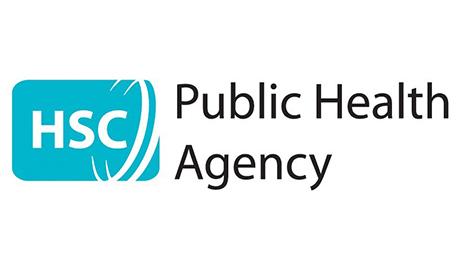Stress Awareness Month: Steps To Take To Deal With Stress
Mental HealthThis Stress Awareness Month (April) the Public Health Agency (PHA) is highlighting the small daily steps we can take to help manage stress in our lives. Stress can feel like we are struggling to cope. This may be due to mental or emotional pressure. It can affect our physical and mental health and wellbeing, but understanding the signs of stress can help us recognise that we need to act.
Common signs of stress can include sleeping problems, eating more or less, difficulty concentrating, drinking more alcohol or using drugs. You may feel anxious, irritable, experience racing thoughts or constantly worry.
Fiona Teague, Mental Health and Emotional Wellbeing Lead at the PHA, said: “If we don’t look after our physical and mental health, our bodies can find it difficult to cope with the stresses of everyday life. Many things in life can cause stress, including work, relationships, money issues and much more. When you feel stressed, it can get in the way of being able to deal with the things that are causing you problems. It can also affect other things you do in your daily life.
“Stress Awareness Month is a chance to look at what may be causing us to feel stressed, and is an opportunity to remind ourselves that there are things we can do to help deal with it. Take this time to put in place some practices that will help you cope better with stress and motivate you to improve your health and wellbeing.”
One of the most effective models to help deal with stress and boost our mood is the ‘Take 5 Steps to Wellbeing’ – connect, be active, take notice, keep learning and give.
These steps encourage us to take simple actions to help build resilience around our mental and emotional wellbeing. There are many examples of how to adapt this to our everyday lives to help manage stress:
Connect – meet with friends and family, and take the time during Stress Awareness Month to talk about how you are feeling and listen to others. Aim to be more aware of friends and family and how they are feeling – are they showing signs they are stressed?
Be active – exercising helps to minimise the impact of stress on the body and mind. It helps to improve sleep, balance hormones, increase endorphins and helps you relax. Getting out walk, a cycle, gardening or even housework, it can count as physical activity.
Take notice – stop, pause and take a moment to be still and look around you, focus on your breathing, and notice the beauty in life around you. Also consider reducing your screen time and browsing social media. Try to take notice of what tends to cause stress and anxiety and think about dealing with them by looking at the ways that stress begins and then aim to resolve those with coping strategies.
Keep learning – don’t be afraid to try something new, rediscover an old hobby or sign up for a course. Explore the self-help toolkit on www.MindingYourHead.info and learn new skills to help you cope better with stress.
Give – people tend to cope with stress differently, so sharing personal experiences of coping might also help you and someone else deal with stress better.
Fiona continued: “Many people can find coping with stress difficult so it’s important that we’re also aware of how those around us are doing. Talking to a friend, family member or colleague about how they, and you, are feeling can really help.
“The Public Health Agency also runs free stress control classes with Clinical Psychologist Dr Jim White. These classes look at topics including what stress is, controlling your thoughts and actions, as well as techniques to get a good night’s sleep. The online classes are easily accessible with no need to register or login in.”
For access to the free stress control classes visit www.stresscontrolclass.com where you’ll find all the details of the upcoming sessions to join. For more information about stress, steps to reduce stress, the ’Take 5 steps to wellbeing’ and the ‘Steps to Deal with Stress booklet’, visit www.MindingYourHead.info.















































































